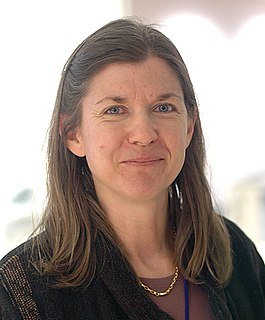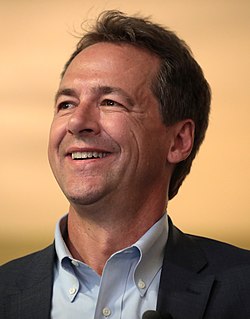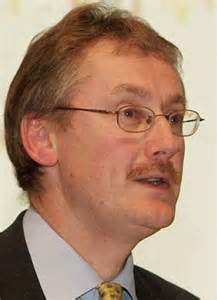A Quote by Harrison Ford
'Years of Living Dangerously' is a wonderful opportunity to reach a lot of people with the story and importance of climate change in our lives; in recent history, there's no bigger threat to the quality of human life than what is taking place right now in respect of climate change.
Related Quotes
We don't have a hundred years to fix climate change. We don't have a hundred years to wait until we've built all these bridges and rapport and scientific understanding and so on and so forth. We have to fix climate change with the people we have right now, and to a large extent with the perspectives we have right now as well.
Other ways of looking at the environmental or climate change stuff is to frame it in the context that it is simultaneously a public health issue. One out of eight premature deaths worldwide happens because of air pollution. The worst power plant in America kills 278 people a year and causes 445 heart attacks. So, when we improve air quality we improve our lives, and at the same time we improve the climate as well. We must see climate policy from this perspective and not as an abstract threat that may threaten our survival in 100 years.
Despite the international scientific community's consensus on climate change, a small number of critics continue to deny that climate change exists or that humans are causing it. Widely known as climate change "skeptics" or "deniers," these individuals are generally not climate scientists and do not debate the science with the climate scientists.
Scientists tend to focus on what they don't know more than what they do know. And there are a lot of things we still don't know about the climate. But we know the difference between climate variability and climate change, and right now the amount of carbon in the atmosphere is well outside the variability pattern - and that's quite quantifiable.
Climate scientists think of nothing but climate and then express their concerns in terms of constructs such as global mean surface temperature. But we live in a world in which all sorts of change is happening all the time, and the only way to understand what climate change will bring is to tell stories about how it manifests in people's lives.




































